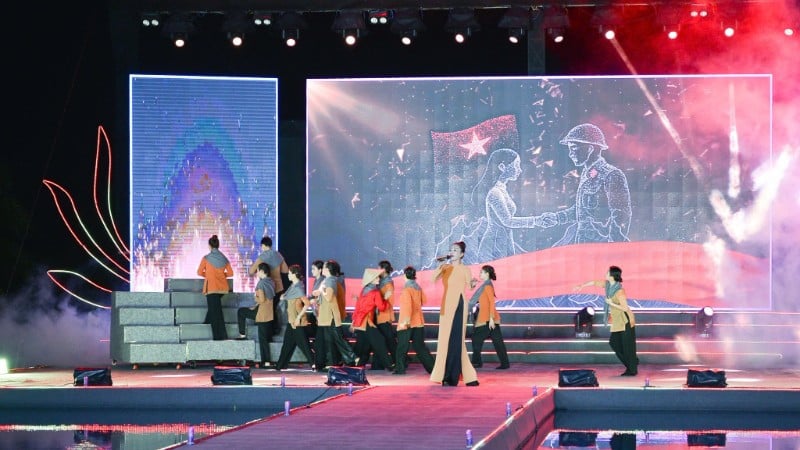
The literary writing camp on the theme of armed forces and revolutionary war gathered 14 writers, poets, and critical theorists from many regions across the country. Taking place from August 17-27, this is the second writing camp jointly organized by the two units, demonstrating the strong bond and joint efforts for the goal of awakening the source of creativity, depicting the immortal beauty of soldiers in war and in daily life today.
Attending the opening ceremony were Professor, Doctor, writer Trinh Quang Phu, Director of the Institute for Oriental Development Studies; Colonel, writer Nguyen Binh Phuong, Vice President of the Vietnam Writers Association, Editor-in-Chief of the Army Literature and Arts Magazine; Master Huynh Thi Kim Huong, Secretary General of the Scientific Council of the Institute for Oriental Development Studies... along with many delegates inside and outside the army, writers and poets from many regions of the country.
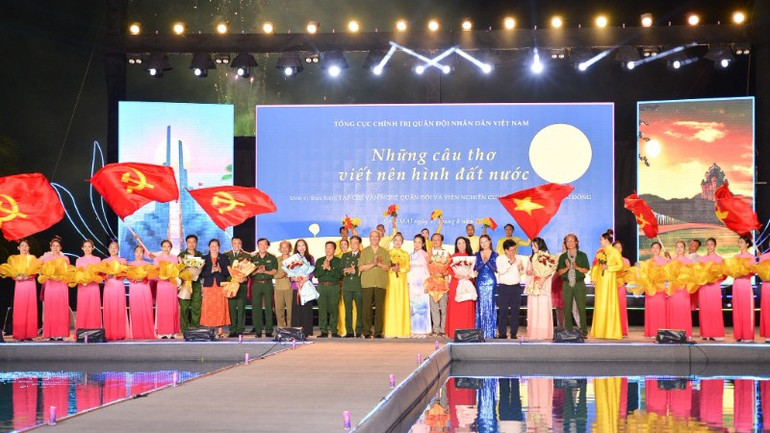
Just a few days before, the Army Literature Magazine also organized a poetry night "Poems that shape the country" here, with the participation of People's Artist Tu Long; singer, Meritorious Artist Thanh Thuy and a large audience from the land of yellow flowers and green grass.
Continuing that atmosphere, the writing camp opened in a solemn yet intimate manner, as writers who were used to writing met each other with smiles, handshakes, and the excitement of a new creative journey.
In his opening remarks, Colonel and writer Nguyen Binh Phuong emphasized the role of the Army Literature Magazine as an important mouthpiece in propaganda work, reflecting major events of the country, while also bridging generations of writers and poets closer to the reality of life, especially the reality of the army. Writer Nguyen Binh Phuong said that writing camps like this have lit a smoldering but enduring flame, transmitted from the heart to the pen, from the pen to the hearts of readers.
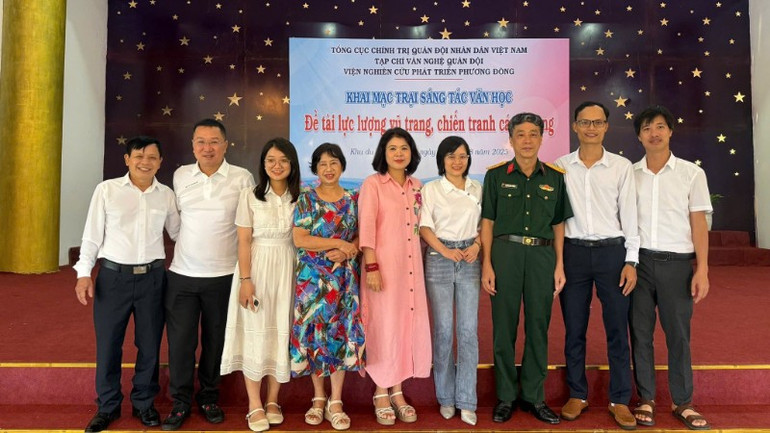
According to the Editor-in-Chief of the Army Literature Magazine, every year, the unit organizes literary writing camps, some years the number of writing camps is quite large. For artists who are used to being absorbed in the daily rhythm of life, writing camps are precious moments of silence: 10 days, 15 days, enough for them to start writing what they have cherished or complete an unfinished manuscript.
This writing camp has three clear goals: To create a strong bond between contributors and the Army Literature Magazine to form a strong creative community; to create favorable conditions for writers to focus on writing and listening to their inner voice in the literary space; to create opportunities for exchange and learning between writers from different regions, generations, and styles, thereby encouraging and inspiring each other.
It can be said that each writing camp is like a small house, a literary rendezvous, where writers leave behind the worries of everyday life to live fully in the world of words.
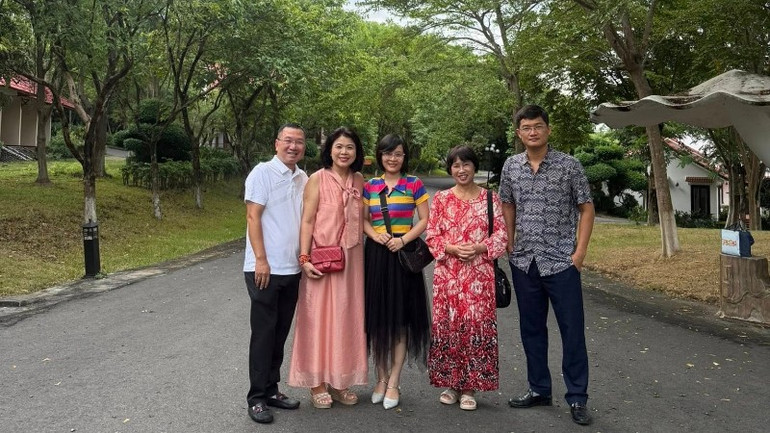
Binh Kien Ward, Dak Lak Province (formerly Phu Yen Province) is a land known as "the land of yellow flowers and green grass" and has become a beautiful setting for writing camps and many large-scale cultural and artistic projects. With blue sea, green mountains, vast fields and gentle, rustic people, this place is both a landscape painting and a treasure trove of historical memories worthy of respect, requiring continued exploration and dissemination.
Poet Vo Sa Ha from Thai Nguyen, who came to Phu Yen for the first time, shared his emotions when recalling the poems of Tran Mai Ninh about the land full of sunshine, wind, and emotions, but also stained with blood and fire during the years of resistance. For him, coming to Phu Yen this time is a journey of gratitude to history, a continuation of the inspiration sown from the poems of previous generations.
The opening ceremony also marked a quiet moment. Lieutenant Colonel, writer Nhu Binh, Head of the Special Topics Department of the People's Police Newspaper, recalled the memory of 30 years ago when she first participated in the writing camp of the Army Literature Magazine. That day, she met writer Le Luu and considered him as her first teacher on her literary journey.
30 years later, after a long time, returning to the writing camp, writer Nhu Binh feels like "returning to her true self", reflecting on her literary journey in the arms of her colleagues. She shared that this writing camp is not only an opportunity for creation but also a healing, an inner dialogue to find her identity as a writer.
Besides the manuscripts, the writing camp is also bustling with discussions, field trips, meetings with local people, and stories over a cup of tea in the late afternoon. Artists have the opportunity to listen to the sound of the ocean waves, the hearts of the people of the gentle, resilient, simple, and affectionate land of Nau.
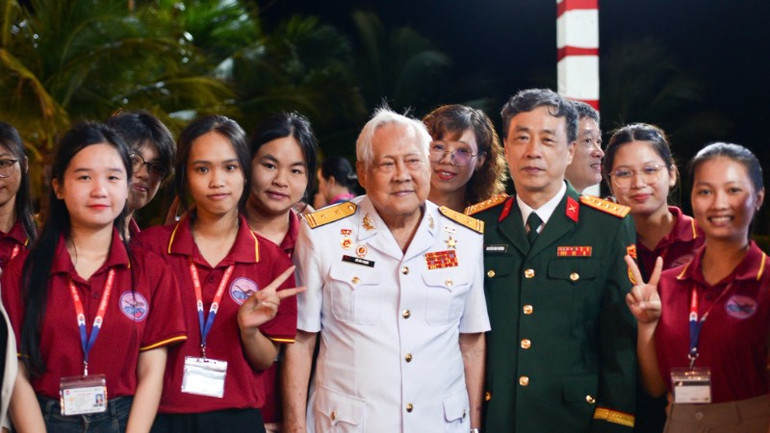
A particularly touching detail on the opening day was the moment when Colonel and writer Nguyen Binh Phuong met with People’s Armed Forces Hero Ho Dac Thanh and young people from Phu Yen. Between the generations, soldiers who have been through the war, contemporary writers and young adults, there is an invisible thread connecting them. It is the flow of memories, of indomitable spirit and the desire for peace.
In their sincere and emotional speeches, many writers and poets mentioned that "writing about the armed forces and revolutionary war is both a big topic with many challenges, and also a responsibility that writers need to pay attention to". That responsibility places on the shoulders of writers a dual mission, both being faithful to historical truth and being creative to make it more vivid, humane and closer.
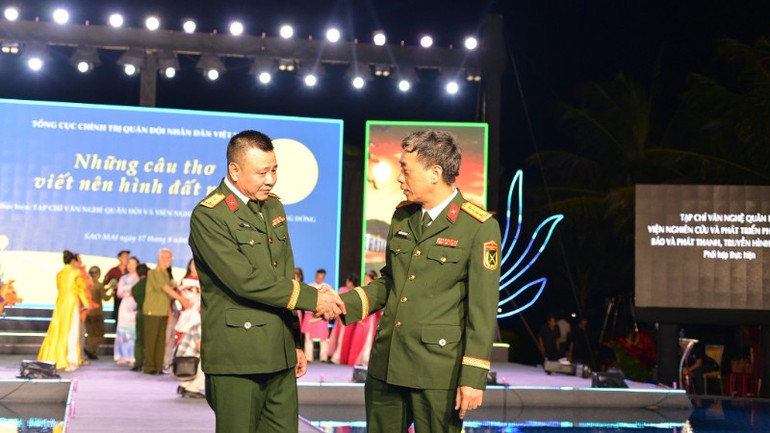
The history of the nation has gone through many events, many long-term resistance wars, leaving behind heroic pages. But if we only stop at numbers and battles, history will be dry. Literature is the key to open the depth of the soul, depicting the fate of people in war, so that today's readers, especially the young generation, can understand, sympathize and appreciate.
The 2025 Literary Creation Camp in Phu Yen is just in its initial stages, but right from the opening ceremony, the atmosphere of excitement has spread. Writers and poets all brought with them plans, outlines, unfinished manuscripts and many new ideas. The land of yellow flowers and green grass with its vast nature, heroic history, and kind-hearted people will be an endless source of inspiration for writing.
Over the years, the Army Literature Magazine has become a trusted address, a "brand" associated with literary writing camps. From the first stages of formation and development with many difficulties until now, each writing camp organized by the magazine has left a deep impression due to its professionalism in organization and especially its effectiveness.
Through writing camps, many young writers have been discovered, nurtured and gradually matured, affirming their names in the literary world. Many works born from writing camps have won prestigious literary awards, creating important milestones in contemporary literary life.
In particular, writing camps are also good incubators for literary competitions initiated and hosted by the Army Literature Magazine. A series of works that won high prizes in poetry and short story competitions all bear more or less the mark of writing camps.
Thanks to that, the unit has always maintained its role as the leading literary agency in the country, and has also affirmed its reputation in cultivating, discovering, and honoring new creative talents, contributing to nurturing the flow of literature about revolutionary war, the image of soldiers, and the great issues of the country.
It is believed that after that journey, the hastily written manuscripts by the window facing the sea, the handwritten notes by the coffee table in the morning or the diary entries along the journey will gradually crystallize into complete works. From there, the image of soldiers in war and in daily life will once again be portrayed with all respect, love and praise.
The literary writing camp on the theme of armed forces and revolutionary war is a professional activity of writers, contributing to connecting the past and the present, between soldiers and writers, between literature and life through writing.
The land of Xu Nau, which once bore the mark of many heroic feats, is now witnessing the reunion of literature with words and writings of those who have chosen words as their career. As writer Nguyen Binh Phuong once said: "The writing camp is the way we keep the flame of literature burning, so that from there, history, people and love for the country are passed on without stopping."
The organizers hope that from this writing camp, many good works will be born, contributing to enriching the face of contemporary Vietnamese literature, while at the same time lighting up in the hearts of readers pride, gratitude and aspirations for the future.
Source: https://nhandan.vn/khai-mac-trai-sang-tac-van-hoc-ve-de-tai-luc-luong-vu-trang-va-chien-tranh-cach-mang-post902011.html


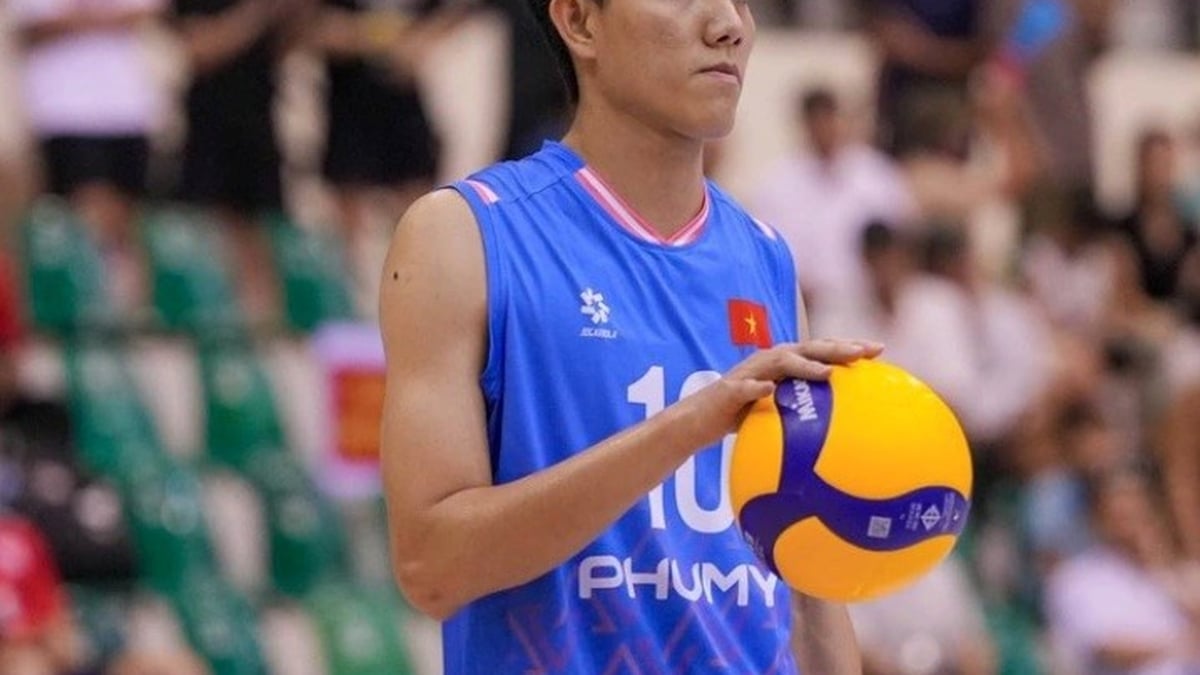
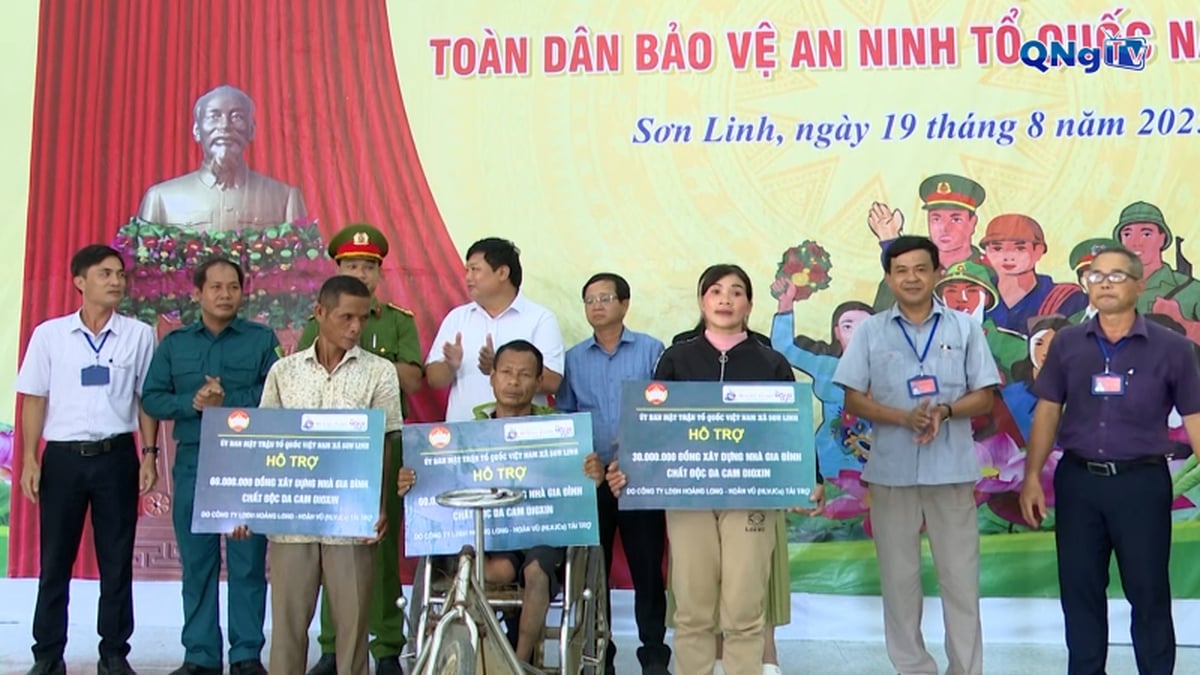
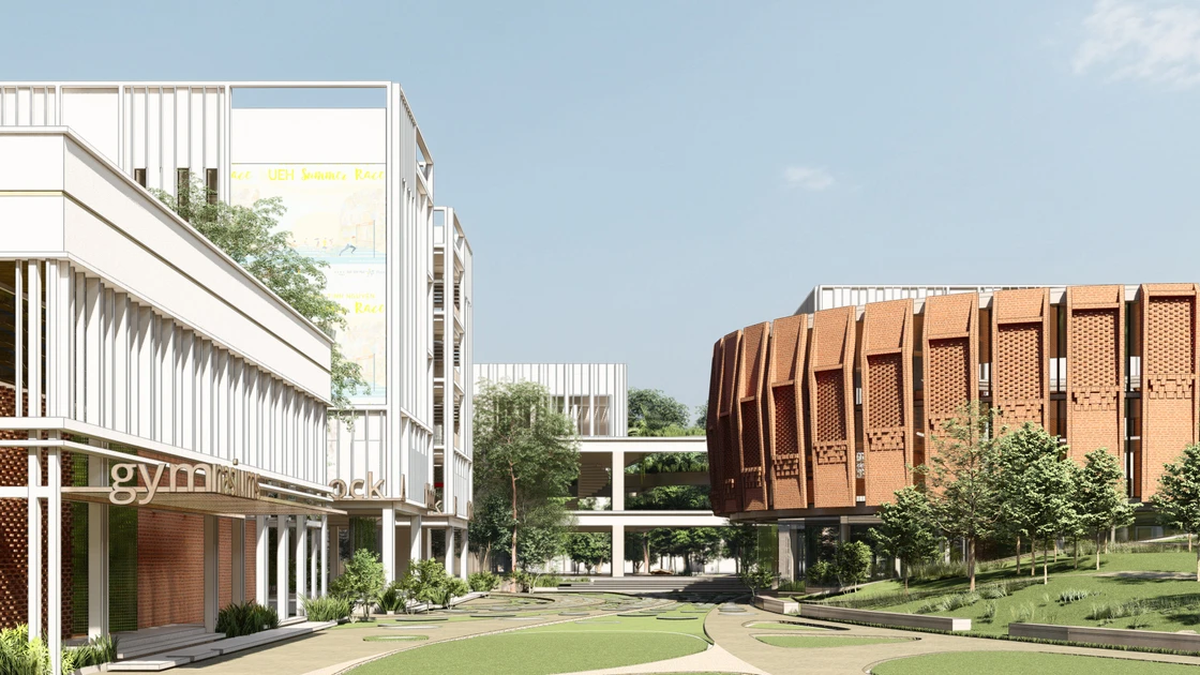
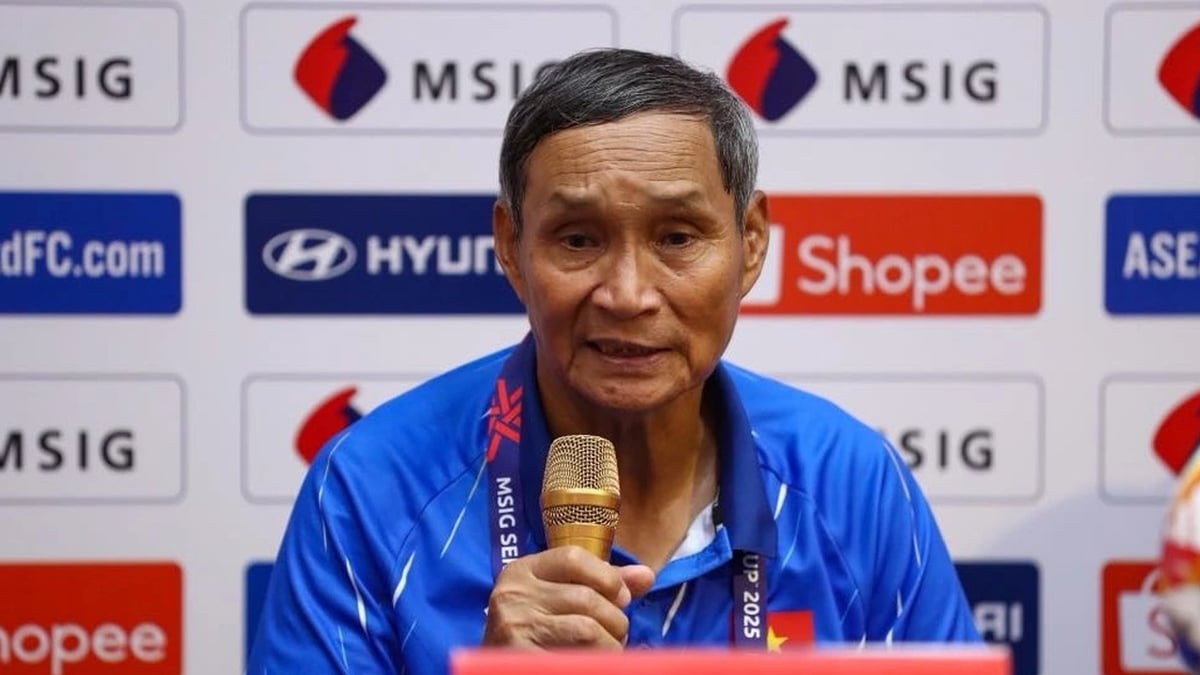
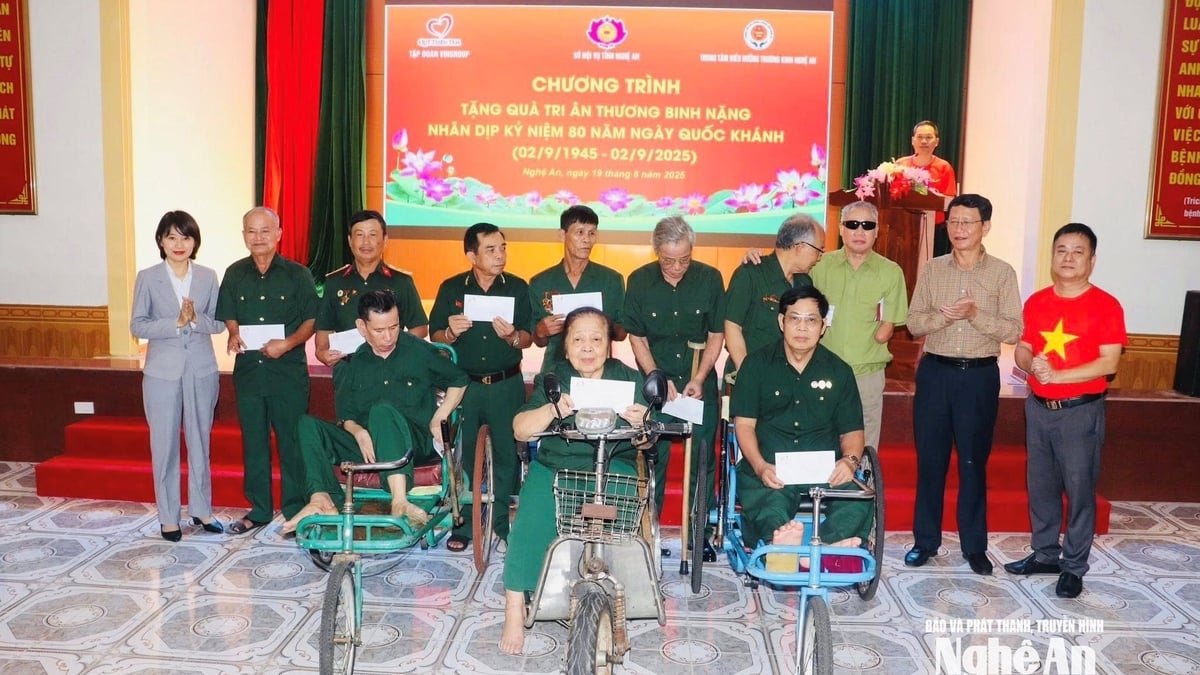
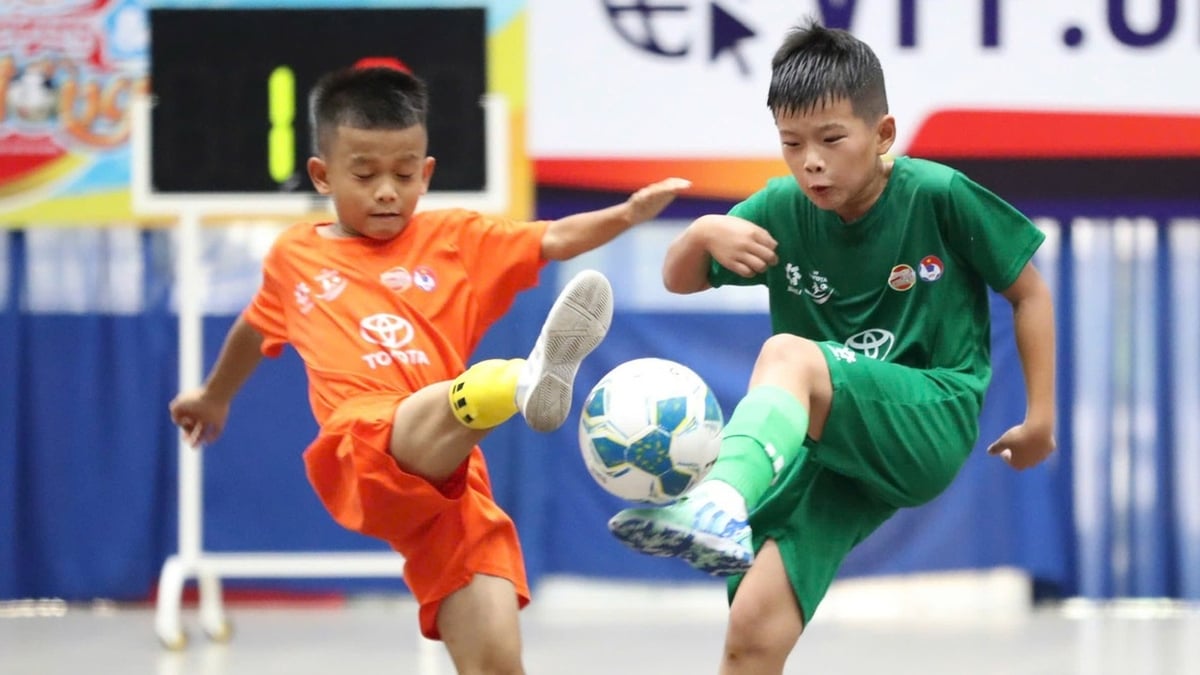
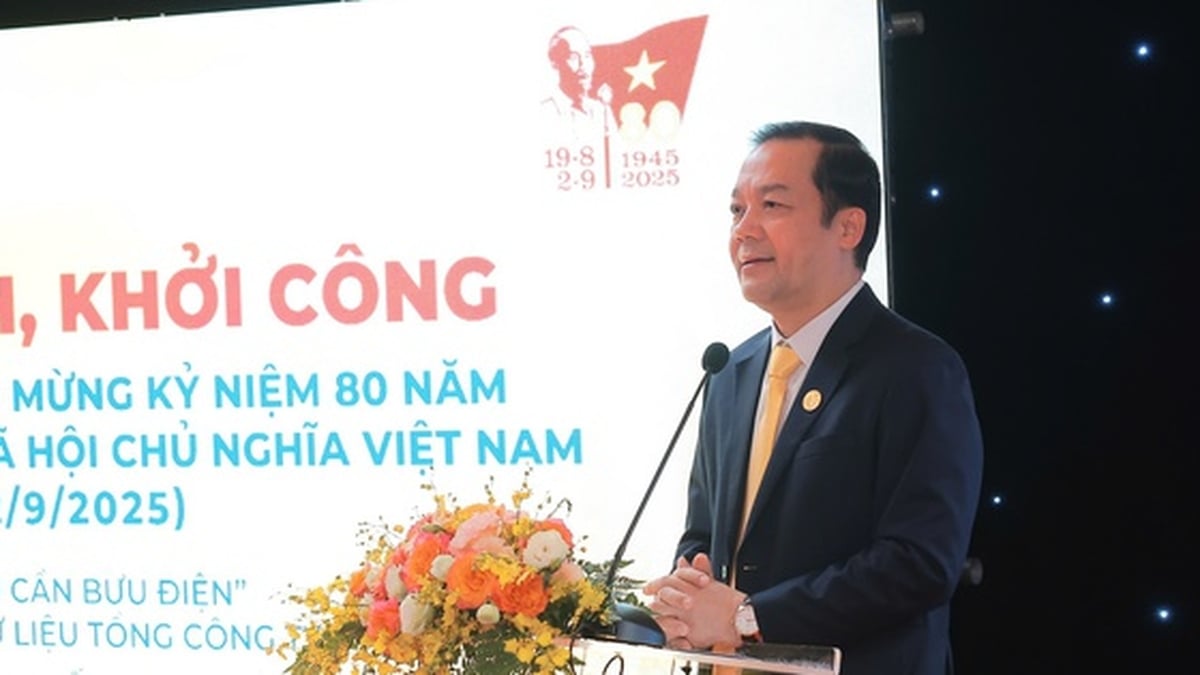
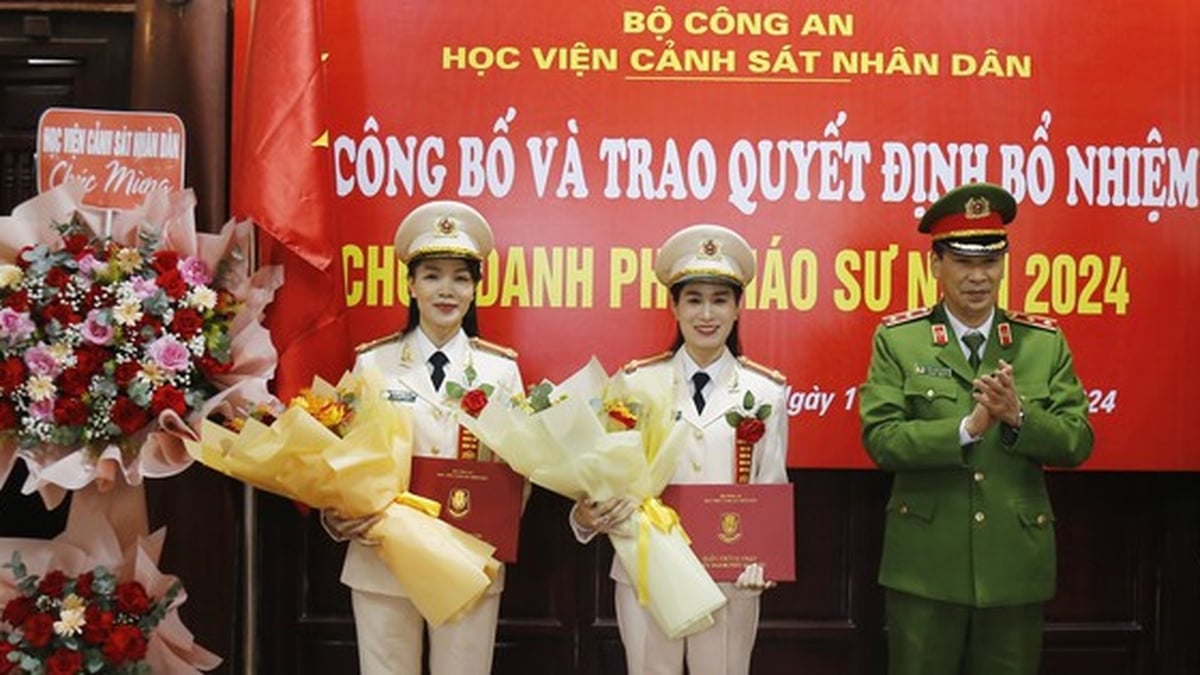
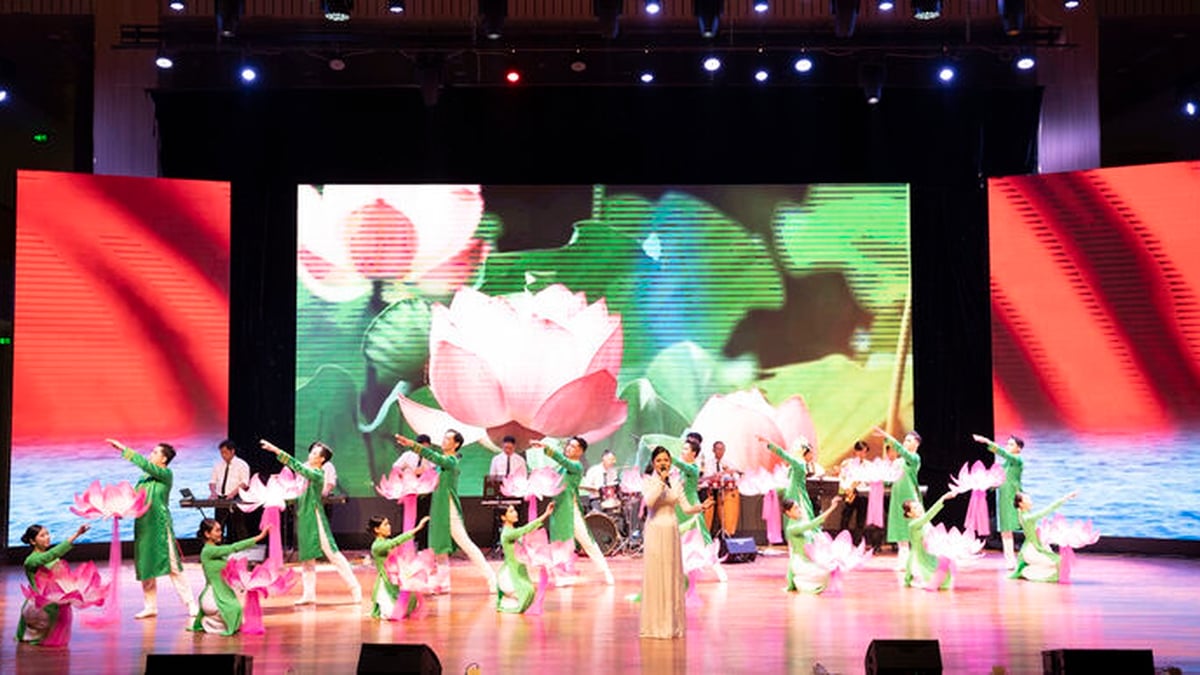
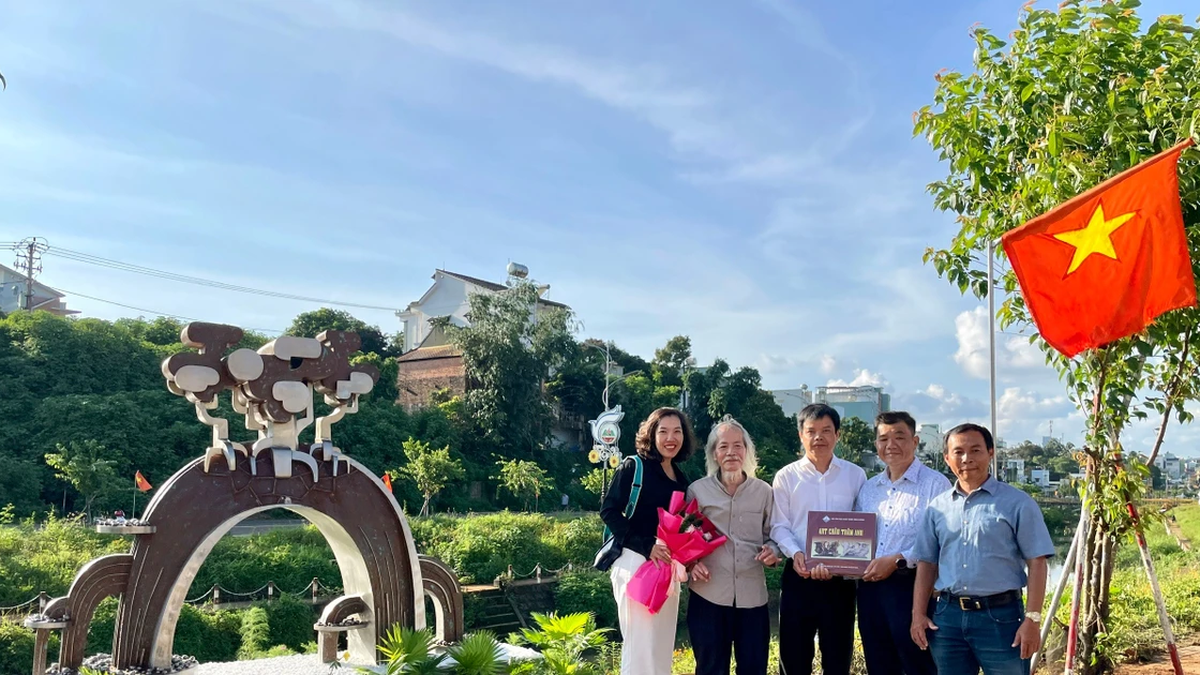










![[Photo] Close-up of the first International Financial Center building in Ho Chi Minh City](https://vphoto.vietnam.vn/thumb/1200x675/vietnam/resource/IMAGE/2025/8/19/3f06082e1b534742a13b7029b76c69b6)
![[Photo] General Secretary and Prime Minister visit the National Exhibition and Fair Center](https://vphoto.vietnam.vn/thumb/1200x675/vietnam/resource/IMAGE/2025/8/19/f4503ad032d24a90beb39eb71c2a583f)
![[Photo] President Luong Cuong's wife and Queen of Bhutan visit Tran Quoc Pagoda](https://vphoto.vietnam.vn/thumb/1200x675/vietnam/resource/IMAGE/2025/8/19/62696af3852a44c8823ec52b03c3beb0)
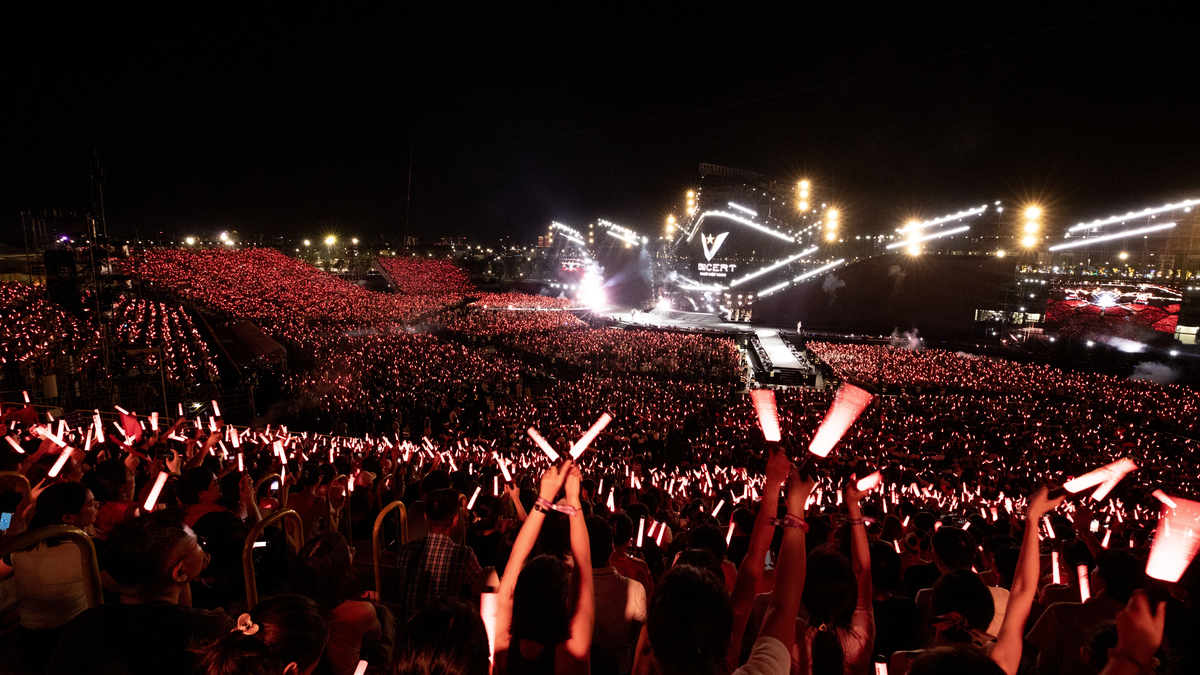
![[Photo] General Secretary To Lam attends the inauguration and groundbreaking ceremony of 250 projects to celebrate National Day](https://vphoto.vietnam.vn/thumb/1200x675/vietnam/resource/IMAGE/2025/8/19/3aa7478438a8470e9c63f4951a16248b)

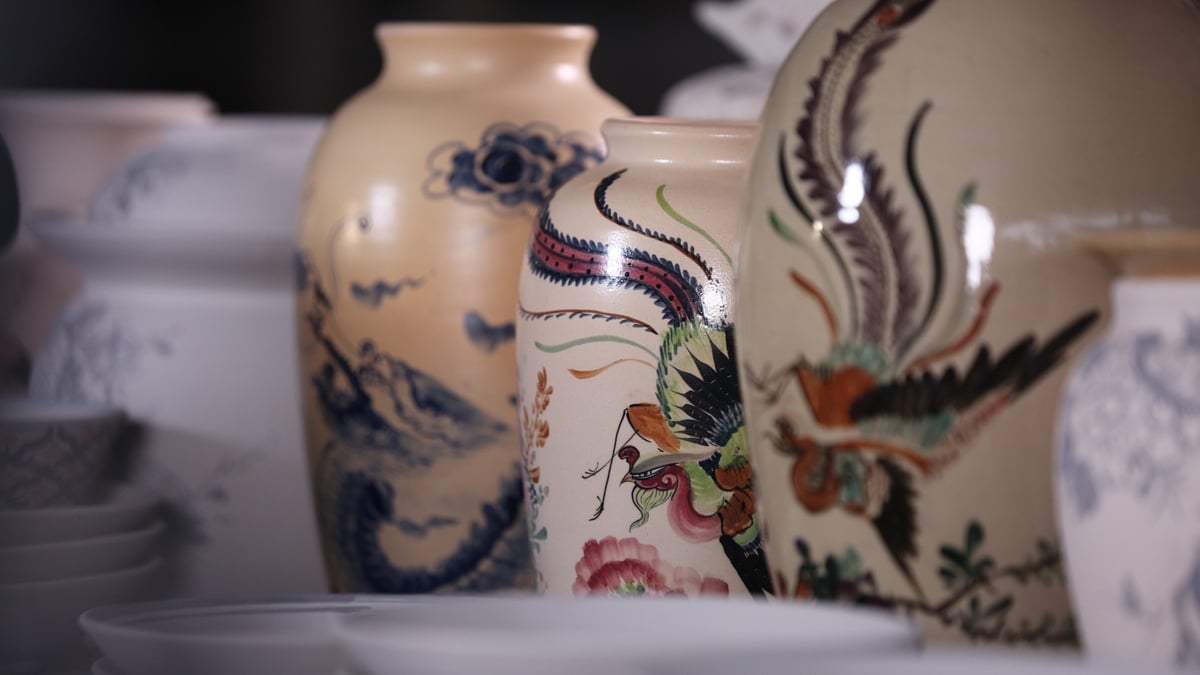
![[Photo] General Secretary To Lam and President Luong Cuong attend the handover ceremony of the Presidential Office Headquarters](https://vphoto.vietnam.vn/thumb/1200x675/vietnam/resource/IMAGE/2025/8/19/a37cfcbd301e491990dec9b99eda1c99)

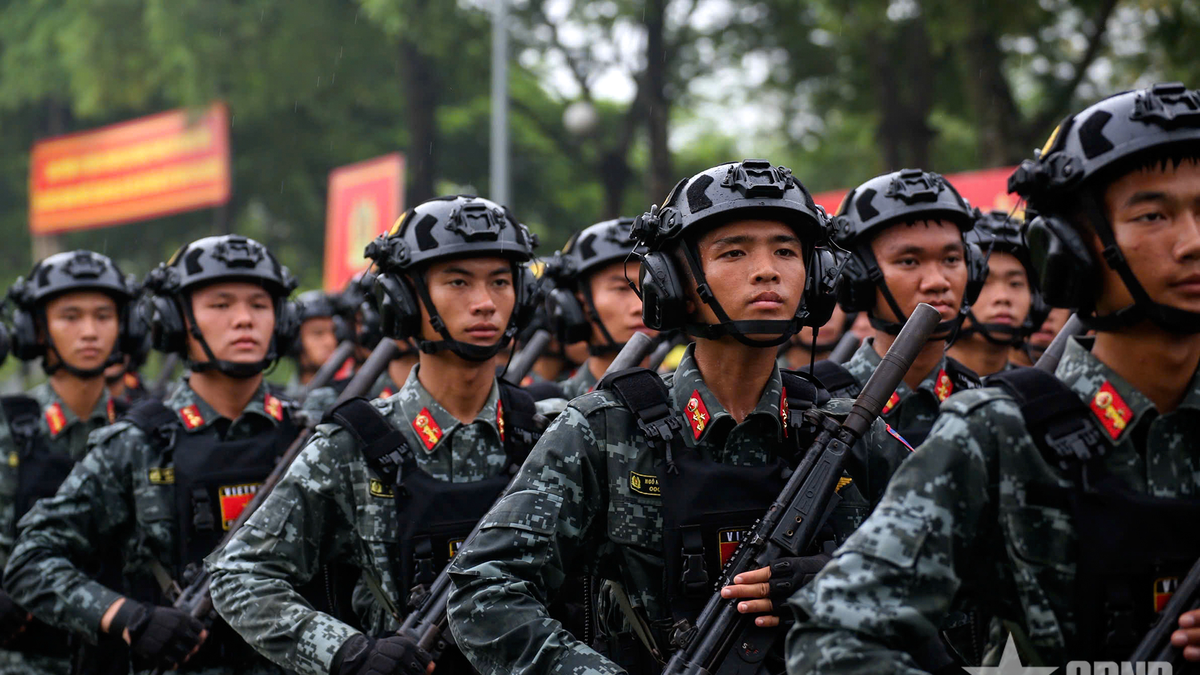
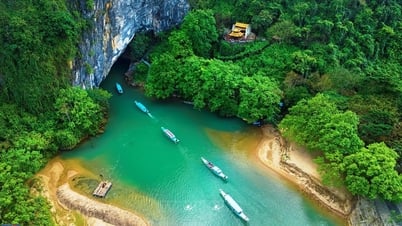

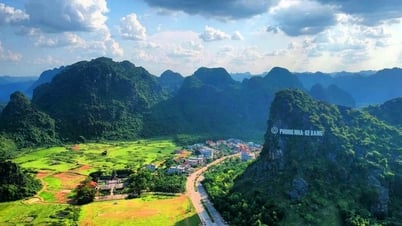



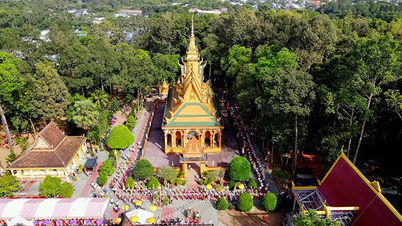
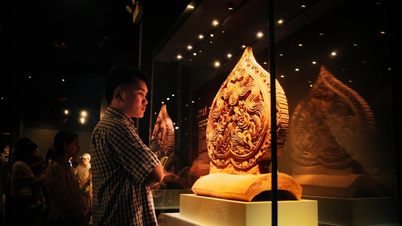

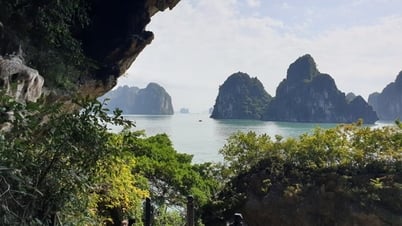

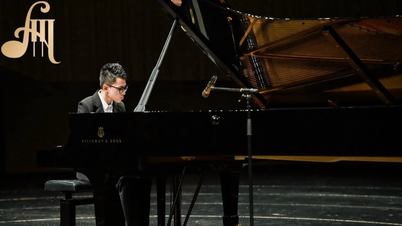
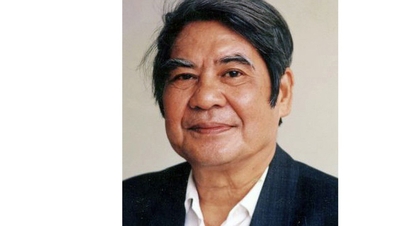

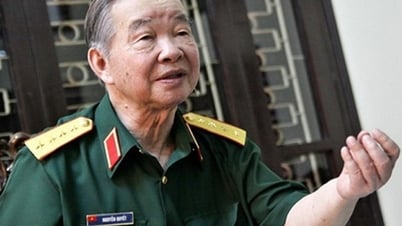

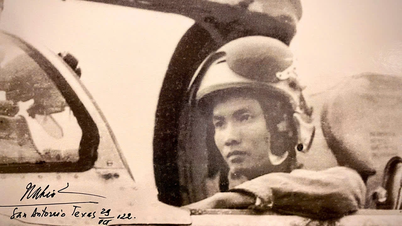

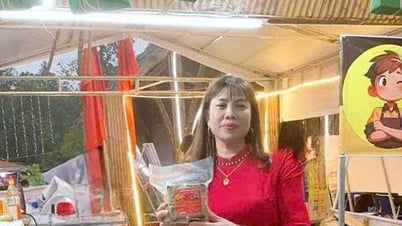



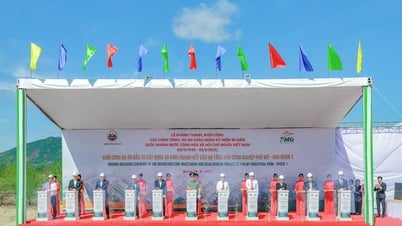


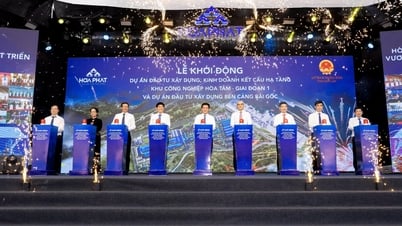
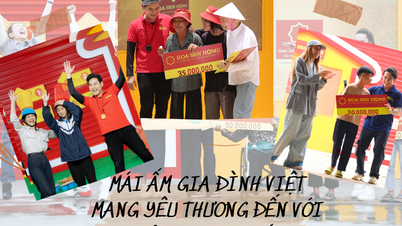

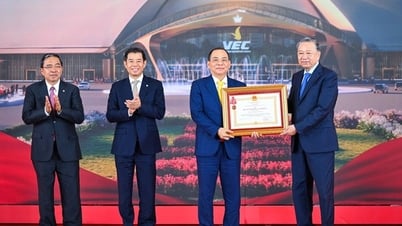

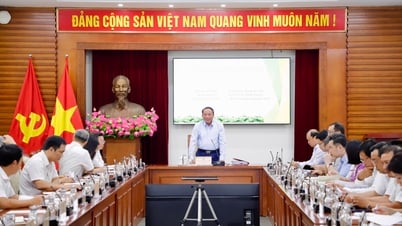
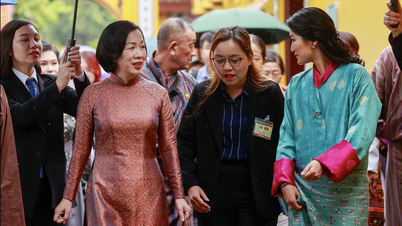

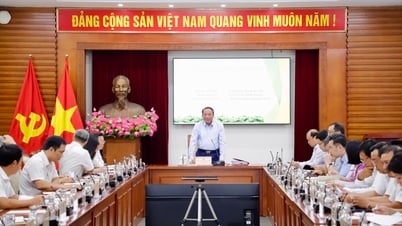


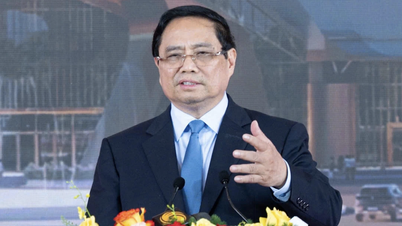
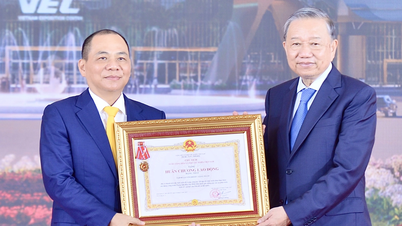


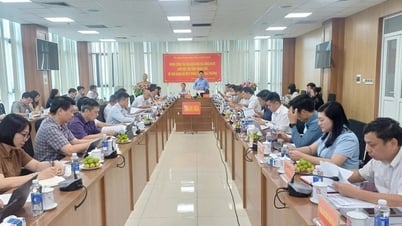
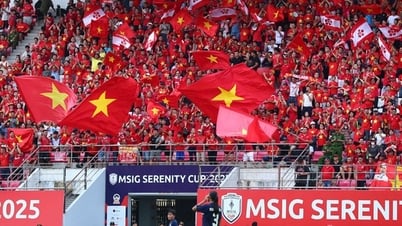

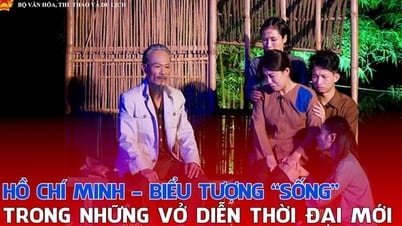
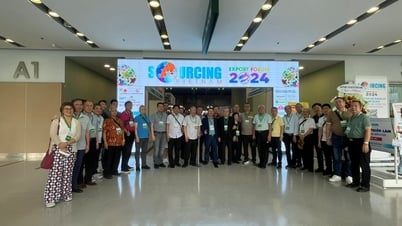








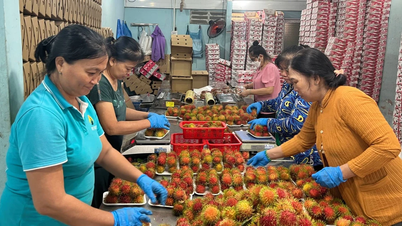


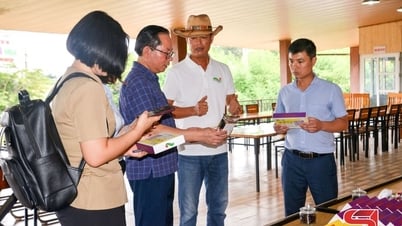



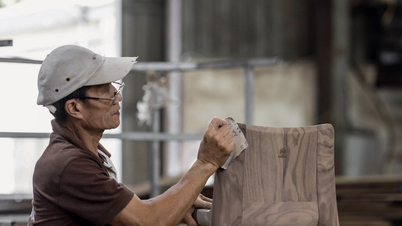
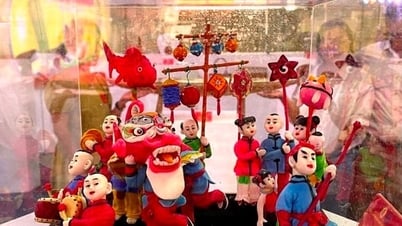






Comment (0)